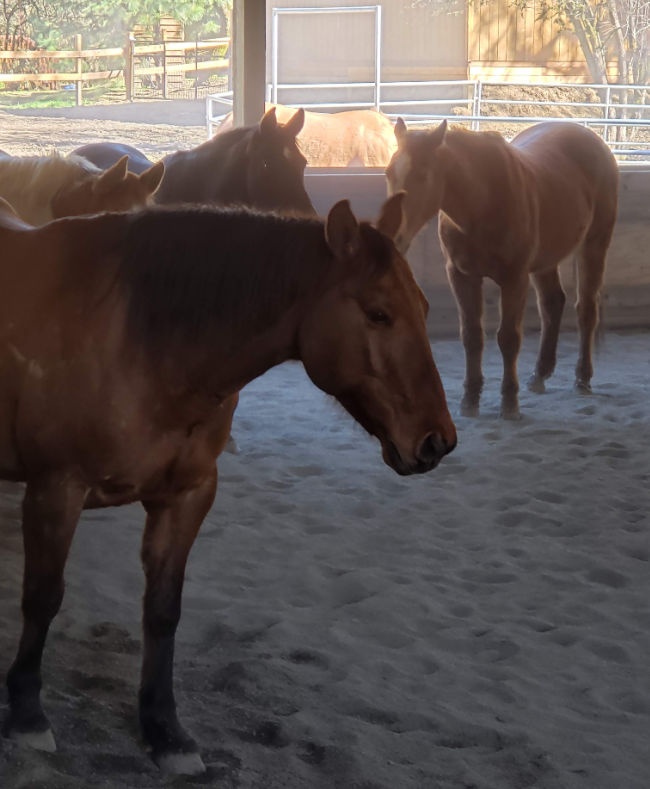As I shared a couple of weeks ago, I receive a lot of pitches for both Savvy Sunday News, and the podcast I produce called Something You Should Know. Through those two offerings, a wealth of information comes my way – both what to do, and what not to do – when it comes to pitching. This Savvy Sunday News is another “what not to do” cautionary tale.
This pitch was from a coach and consultant who is teaching others how to host their own podcasts. That is a good thing in and of itself, because “You Media” is a part of platform building that must be addressed. We all know podcasting is hot right now, but the pitch she sent has some issues. Here is how it begins:
Thinking of launching A Podcast, but not sure where to start?
After hosing over 250 podcast episodes and helping hundreds of new podcasters get started, I have good news.
OK. It took me a moment to realize what she was trying to say.
Hosing. What is hosing??
Ohhh, she means hosting. “After hosting over 250 podcast episodes…”
Hosing 250 podcasts means something else entirely, and it’s not something you ever want to say!
She goes on…
I have learned that there are a few simple strategies that can help you cut your production time in half so you can start a high quality podcast without any complicated tech or confusion editing tools.
Huh? Confusion editing tools?
Hmmm…maybe she means confusing. Yes, that sounds better. “…without any complicated tech or confusing editing tools.”
I think I’ve made my point, so I will stop there. I am not about tearing people down, although there is more I could point out in this email. I much prefer to build others up. However, when there is a concrete and specific example that creates an obvious teachable moment, it has to be taken. This is so mistakes can be avoided, and isn’t that always a good thing?
The obvious takeaway is this:
Whenever you’re going to distribute something to others, consider having another pair of eyes look over your work. A fresh pair of eyes can easily catch mistakes that our own eyes would glide right over because we are so familiar with the material.
When you’re going to distribute something important to your list, or to the media in general, it is worth the time, effort, and expense to have someone else look it over.
After all, when you wrote your book, you no doubt worked with an editor, so why not do so when it comes to other materials you write?
A good editor walks on water in my book, and they’re worth their weight in gold. If it’s important for you to look good to your audience, take the time to hire a good editor.
Here are four different types of editing, each with a very specific job. They are as follows:
- Substantive (often used with fiction) or Developmental (non-fiction) editing
- Line editing
- Copy editing
- Proofreading, which is looking at the book after it’s been laid out.
You can read more about each of them here.
If you are working on website copy, pitches, press kits, bios, and other important pieces of copy, have an editor look them over. You might be surprised by what you missed, and thankful they were there to help. You don’t want to hose anyone over, after all!
To your success!
Joanne
#editing
#Proofing
#BookPublicity
#BookMarketing
If you’d like to receive juicy publicity secrets directly on a regular basis, join the Savvy Sunday Community at the bottom of this page.

